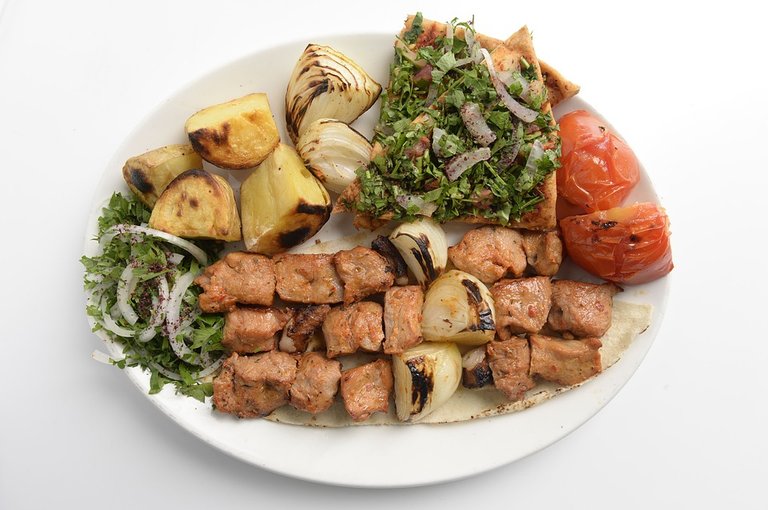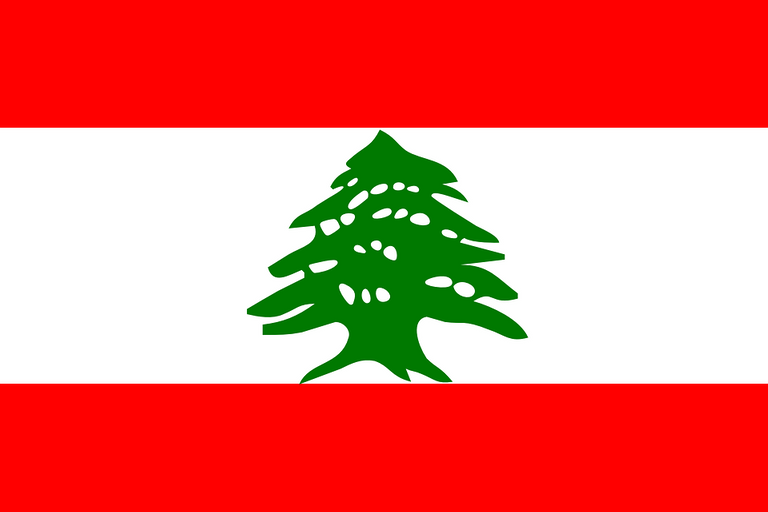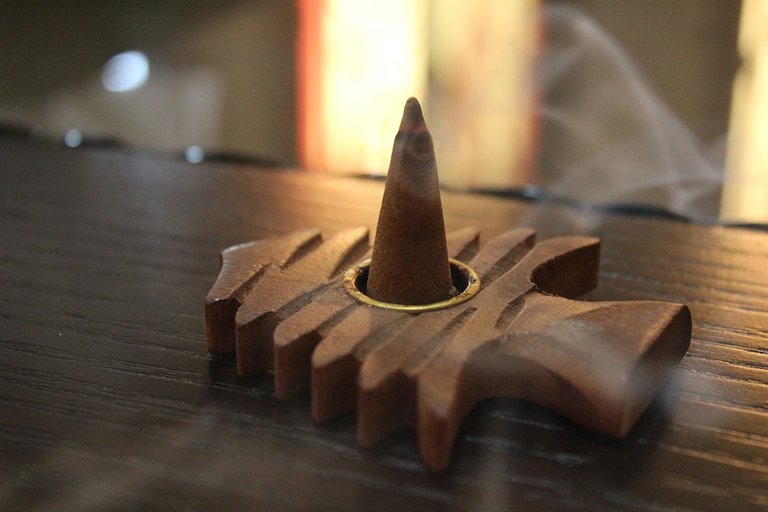There was a leave-taking when it comes to language. We were at the library and my firstborn sat roly-poly in the children’s area making smalltalk with me. Arabic is tricky. I do not speak it at any level approaching fluency, but I know household words and sounds. I vowed over my pregnant belly that I would not do to my child what my father did to me. My memories from the small town of Silo, Oklahoma sing to me in a tingling cadence I can almost grasp. They speak to me in smells and laughter that pulses at a different rhythm. Arabic was my first language. But, when I was four, my father cast our native tongue aside for English only. That aural world was promptly lost to me except in dreams. When he tried to correct his mistake, it was too late. I wasn’t willing to learn a language even my father gave up on.
Image Credit

When I was first pregnant, I vowed I would do better. I would give my child every Arabic word I had, every hand gesture, every meal, every dance move so that when he was old enough he would know where he came from. He would love what I learned to love and stay connected to an identity beyond American soil. One that would make the large, extended family we have in Lebanon tangible because he would be able to connect, at the very least, as I did; touring Beirut apartments and vocalizing any item for which I knew the Arabic word. I gave him door and light and hungry and thirsty. I gave him water, yes and no. I gave him the favored half-French greetings. I gave him the alphabet and numbers to 100. I gave him please and thank you. I gave him I love you.* Ya, habibi. Ana behubbak ektir.* Oh, my darling. I love you very much. Then I took it all away.
In our library children’s room, my son spoke to me and I found myself hyper-aware of the other parents who could hear us. You see, I spent half my life passing as white due to racial aggression in my childhood. My skin was too dark, my hair too wild, my features too exotic, my food too foreign, and the bits of language I did retain (mostly feebly translated idioms and over-the-top hand gestures) marked me as Other. Other meant feared. When my son publicly mingled Arabic with English, my hackles rose. I knew we were being watched. The social climate post-9/11 remained aggressively unfriendly. After a lifetime of being told to go back where I came from (Denison, Texas, by the way) I felt fear. Enough to shush my son and leave the space. Enough to stop speaking a language even though it was a gift I promised my child because a simple Mama, ana ju’an (Mom, I’m hungry) piped in the aisles at Target triggered panic for his safety.
Image Credit

What happens when you are bicultural but language barriers prevent you full access to one of your cultures? You are like a sun-struck flower thrust into the shade. Fear can change any heartscape.
Passing as white opened a number of doors, but the doors it closed I am still discovering. Days ago, a Middle Eastern beat lured me toward a pair of street drummers. Clustered around them was a large group of Arab women. Like me, they’d been drawn to the hip-twitching rhythm. I found them belly-dancing in circles around the drummers, flushed in unabashed celebration of their heritage. They looked me over, tried to speak with me in Arabic. “Her hair! Her hair!” one woman said. “You can tell she is Arab by her hair.” I could understand, but I couldn’t form words back. They echoed each other’s concern. It didn’t matter if I was half American. My father should have taught me Arabic. Just before they left, the group serenaded me with a famous Lebanese song. “You should know this one,” I was told. It was my birthright.
I can’t blame my father. Just before my son began speaking Arabic out loud, I found myself unable to take him to the other homeland. First there was the Lebanese-Israeli war the summer after his birth. Then there was a phone call from my uncle in Beirut the following summer saying everything was fine, but he never knew when a bomb would go off. “I have a lot of practice diving under my bed,” he joked. Finally, there was one more call. “Tayta died this morning. Do you understand, Shawna? We’ve tried to call everyone, but we can’t reach your mother and father. Tell them, please. She has died, God rest her soul. Do you understand?”
Image Credit

“Yes,” I said. And then, “Give my love to everyone. Tell Tayta . . .”
My grandfather passed when I was pregnant with my first. My grandmother passed when I was pregnant with my second. When I was young, when I spoke Arabic, the pair of them lived in our Oklahoma home. My family went bankrupt trying to extend their visas, to eventually gain them the citizenship my immigrant father attained, but America did not accept them and Lebanon would not let them go. They flew back into the civil war where we could not follow. That’s when my father turned his back on our language. As with my father before me, the loss of his parents was the final straw. It was too hard to keep reaching across time and space to hold grasp at what was severed from me.
I now have three children who all wear Lebanese features in their faces. If they look in the mirror, they won’t know it. But my recent reconnection with my Lebanese-American cousin has renewed ties to my heritage. When she speaks Arabic over the phone, I am flung back into childhood when she and I conversed in that musical tongue. Getting to know her once again is like getting to know myself. It turns out there is one linguistic bond that has never been broken; that of the palette. My Arabic was always strongest in the kitchen. Because we both love cooking Lebanese meals, I am reminded of the ways I have remained fluent in my other culture even with my children. To the point that a portion of our next family vacation is dedicated to finding the correct spices and restocking our Lebanese pantry. Three meals a day plus snacks? It turns out my children (and my American husband) are already well-versed in the heart of Lebanese culture: the language of food.
Team Good Alpaca loves this post! Nomnomnomnom!

Delegate to our project via SteemConnect:
10 SP | 20 SP | 50 SP | 100 SP | 200 SP | 500 SP | 1000 SP | 5000 SP
Thank you!
take libertiesthought this was awesome, as I usually do with your writing. Many lessons embedded here.I'm not supposed to make it upvote stuff without the #teamgood tag but IThank you so much. <3
Embrace your heritage. Mine has been stripped from me for generations. I envy that you still have a connection, as tenuous as you might think it.
It's not fair that yours is stripped. I see my remaining connection as a privilege in this light. I am grateful to you for showing it to me.
<3
bonita reflexión
Thank you. <3
This was such a beautifully writren piece that instantly pierces the heart. My daughter is half Guyanese and i won sole custody after her mother and I divorced. I tried my best to bring aspects of her Guyanese culture into our life but there is no substitute for her mother's direct influence.
Ah. That's a tough situation. The fact that you work to keep the connection is plenty, though. It's beautiful that you choose to honor inheritance from a mother who did not end up sharing the partnership initially planned. Many would vilify. I know my mother did for a long time in some ways, and she and my father are still together.
Hi your post has been upvoted by vis4, the LGBT+ curation bot! Come and visit us on Discord
Delegate to @vis4 via
Thank you!
Peace, Abundance, and Liberty Network (PALnet) Discord Channel. It's a completely public and open space to all members of the Steemit community who voluntarily choose to be there.Congratulations! This post has been upvoted from the communal account, @minnowsupport, by shawnamawna from the Minnow Support Project. It's a witness project run by aggroed, ausbitbank, teamsteem, theprophet0, someguy123, neoxian, followbtcnews, and netuoso. The goal is to help Steemit grow by supporting Minnows. Please find us at the
If you would like to delegate to the Minnow Support Project you can do so by clicking on the following links: 50SP, 100SP, 250SP, 500SP, 1000SP, 5000SP.
Be sure to leave at least 50SP undelegated on your account.
My parents brought us up speaking in English too. My mum only scolded us in her mother tongue, because I guess it came naturally to her when she was angry with us.
I have had many comments when people find out I can't speak my own language. I understand, I speak enough if I absolutely have to, but you can immediately tell I am a "traitor" to my mother tongue.
People think it is a waste that I am not passing on the language to my kids, and I feel it too. But here I am, looking like one, eating like one, but not quite speaking like one.
I think it is a fantastic idea you are connecting through food.
Thank you for sharing so much of your life <3
I feel this comment very deeply. I'm sorry you have the "traitor" experience. Do you wish to connect to your ancestral language in any way?
Your question really made me think.
I feel only as a language to communicate. Not exactly sentimental about it. Could also be because the race has a negative association (I am Indian, 3rd generation in Malaysia)
(I went back and forth with whether I wanted to post this reply... but you opened up, so it's only fair I am honest too)
This is so beautiful. I have no idea of my heritage, because my family would never discuss anything related to it. Whenever I asked, I was just told, "You're a mutt" and I'm obviously very very white to the point of being bland.
I can't imagine how much conflict arises with this issue within yourself and with your children, especially as you mentioned, fearing for their safety due to other people's ignorance and bias.
You write and capture the issue so beautifully. I don't feel like I have anything helpful to add, but it was good to read this from your perspective.
I appreciate your readership always. It has been a tough journey. I think you can tell what's the hardest for me because it comes out the most developed. Writing this helped me. Having people connect to it helps even more.
Recognizing your culture and heritage is always a special part of life. It brings sense of belonging. I am glad that lebanese culture is very much alive in your family, especially to your kitchen, lebanese foods is famous for scrumptious, healthy dishes. Yum!
Thank you for sharing your story. Inspirational and lovely.
Thank you so much for reading and commenting. <3
This is beautifully written and strikes a lot of chords.
Your feelings shine through here. ♥
Lovely post!
Thank you. I appreciate your readership. :)
What a beautifully written piece. I cannot say I understand how it feels to be afraid of revealing my heritage but I do understand its absence. My parents moved away from home and did not practice many of the traditions they grew up with, aside from food. My brother began school in a bilingual class but struggled because the language was not spoken at home. Because of this my parents didn't even let me try to learn the language. My cousins who lived close to my Baba would learn cooking, dance, and culture. I was envious that they had those experiences and ties to our heritage. I feel like I am missing so much and have nothing to pass down to my children. -Aimee